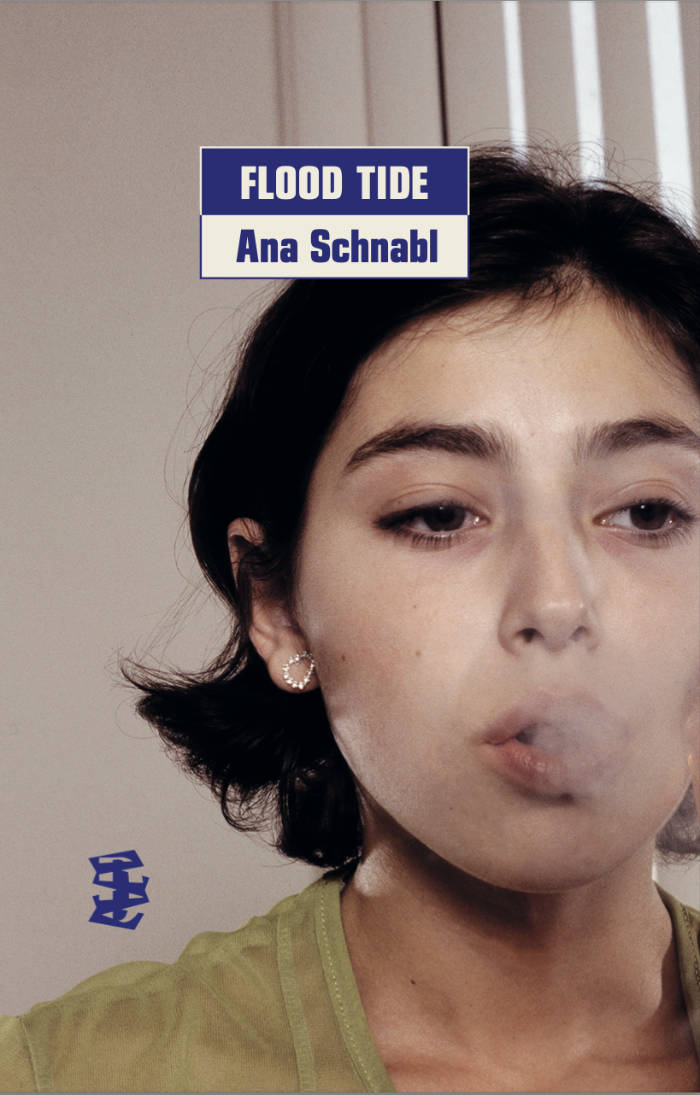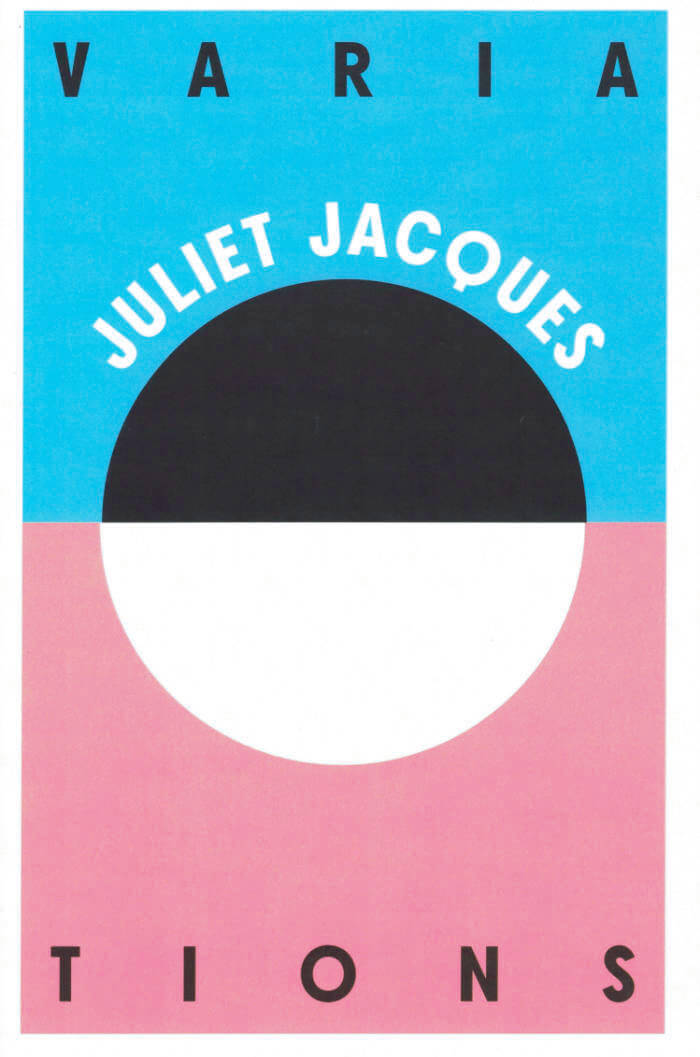
Myth Lab: Theories of Plastic Love
Myth Lab: Theories of Plastic Love is a genre-defiant sex-trip to post-human dimensions. If C.G Jung, magic-mushroom shaman Terence McKenna and Camille Paglia (Sexual Personae) had a three-way while binging on George Bataille and undergoing Hormone Replacement Therapy, their baby might be the erotic cocktail of Myth Lab. Its extreme theme is nothing less than the fate of the species.
“Brilliant and wild, Jack Skelley’s Myth Lab is a manifesto of exuberance disguised as a sci-fi sex test-center for the invention of communal futures. Skelley’s a mad scientist, scholar and poet.” - Chris Kraus, author of After Kathy Acker
“In Myth Lab, Jack Skelley adroitly molds an “Einsteinian elasticity between objects and ether” to the “clitoverse.” If this formulation seems too vast, just think about a) the last time you felt good about power and b) all the ways to say yes to pleasure as a source of liberation. In conducting a “cosmologic psychoanalysis,” Myth Lab thrillingly hot wires our neurons to an endless mirror stage reflective of our own instinctual nature.” - Kim Rosenfield, author of Phantom Captain
"An explosion of clit-cock-and-pop-culture worship. Skelley’s eroto-celestial universe fights back not only against the denial of desire – “also known as fuckheadocracy and market forces” – but against death itself." - Francesca Lia Block, author of Weetzie Bat
"A hallucinatory book that straddles gender studies, science-fiction, and cultural criticism (to name but three of many genres). Ever eager to use a newfound Skelley-ism, I urge everyone to read Myth Lab and be “Kardashian'd” with love (i.e buy it now, it's great)." - Susan Finlay, author of The Jacques Lacan Foundation
"In Jack Skelley’s Myth Lab, something weird and beautiful is forged in the crucible of infinite horny grief. It’s an epic, delirious descent into the inferno, navigating the concentric circles of romance and desire as literary malady, TikTok psyop, benevolent cosmological principle, and more. Simultaneously a quest, a physics experiment and an elegy. I loved following its narrator - a tender, erotomanic, Blakean particle - seeking and finding visionary head." - Daisy Lafarge, author of Love Bug







